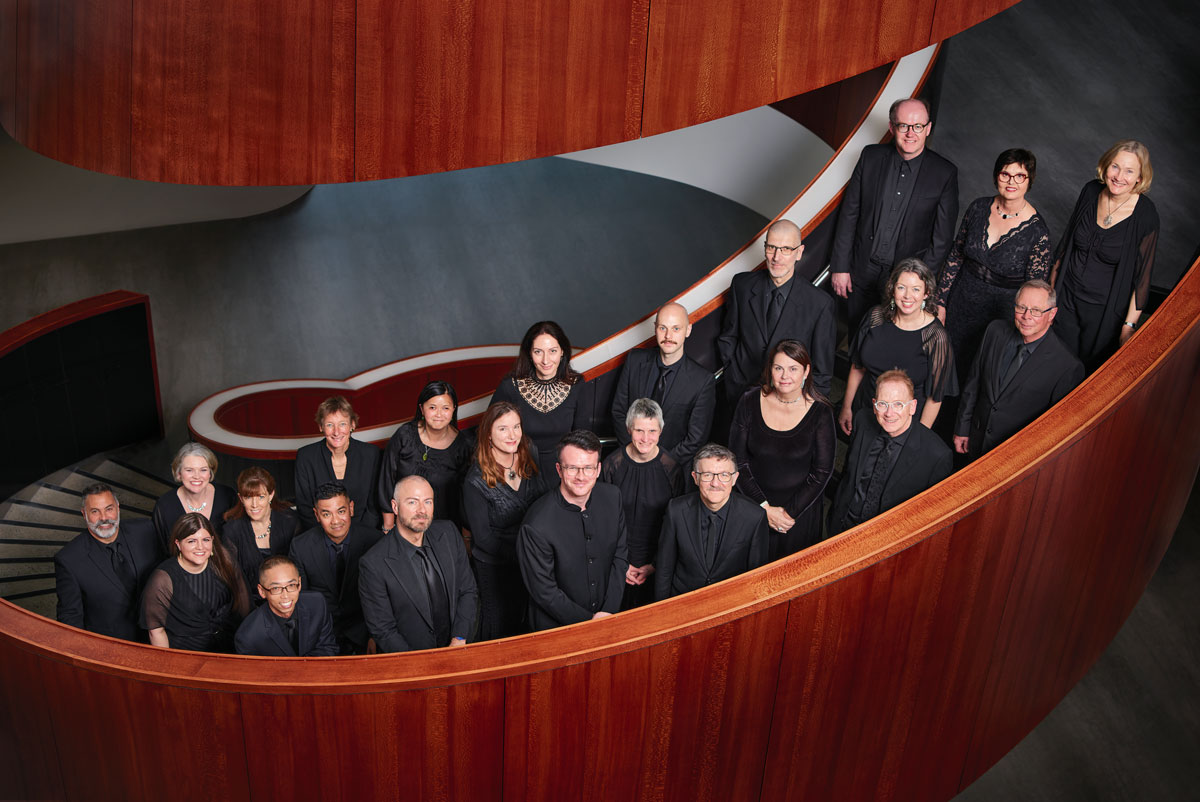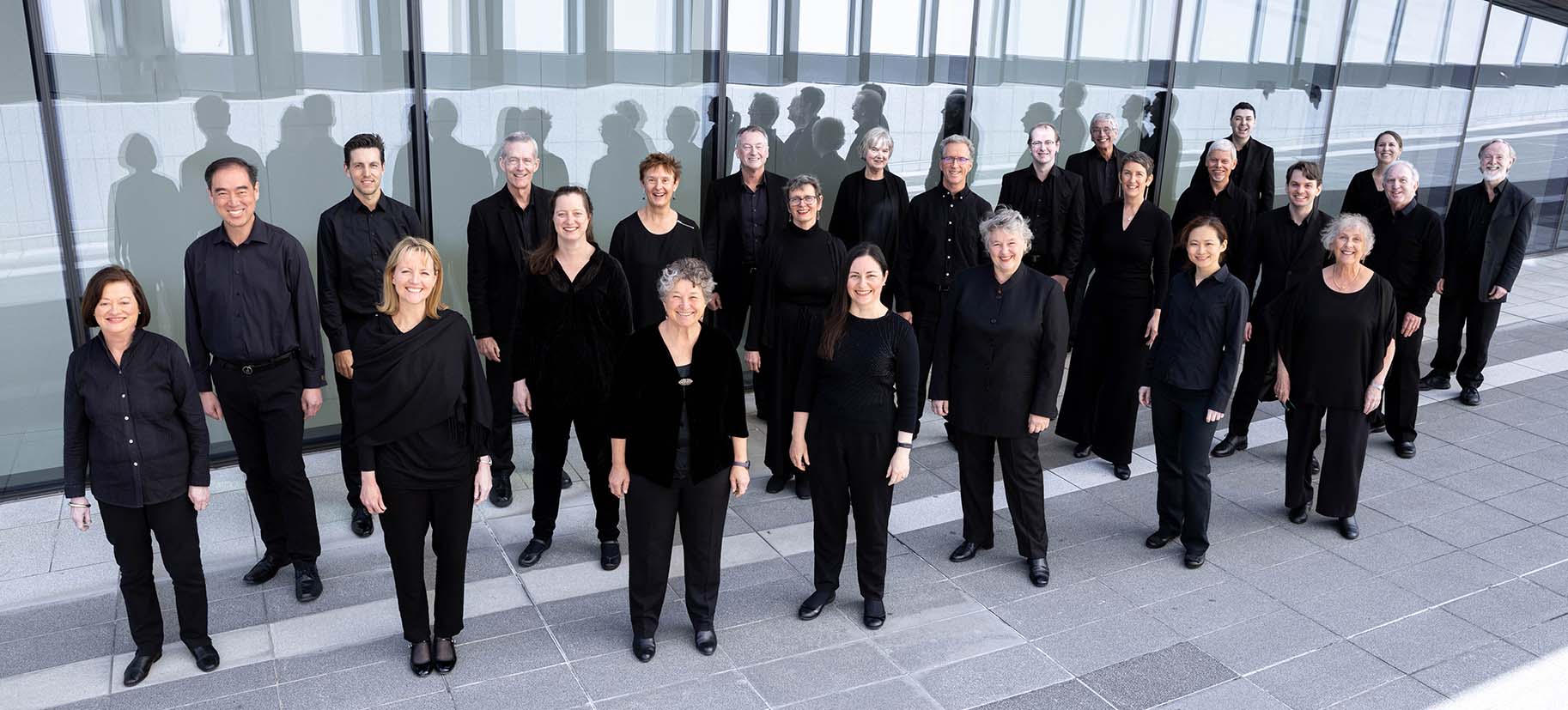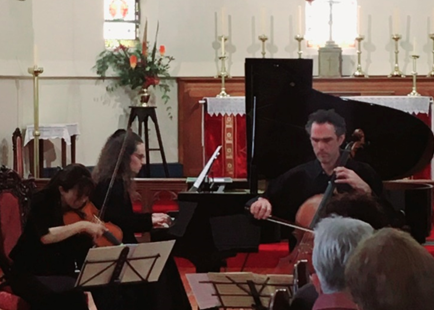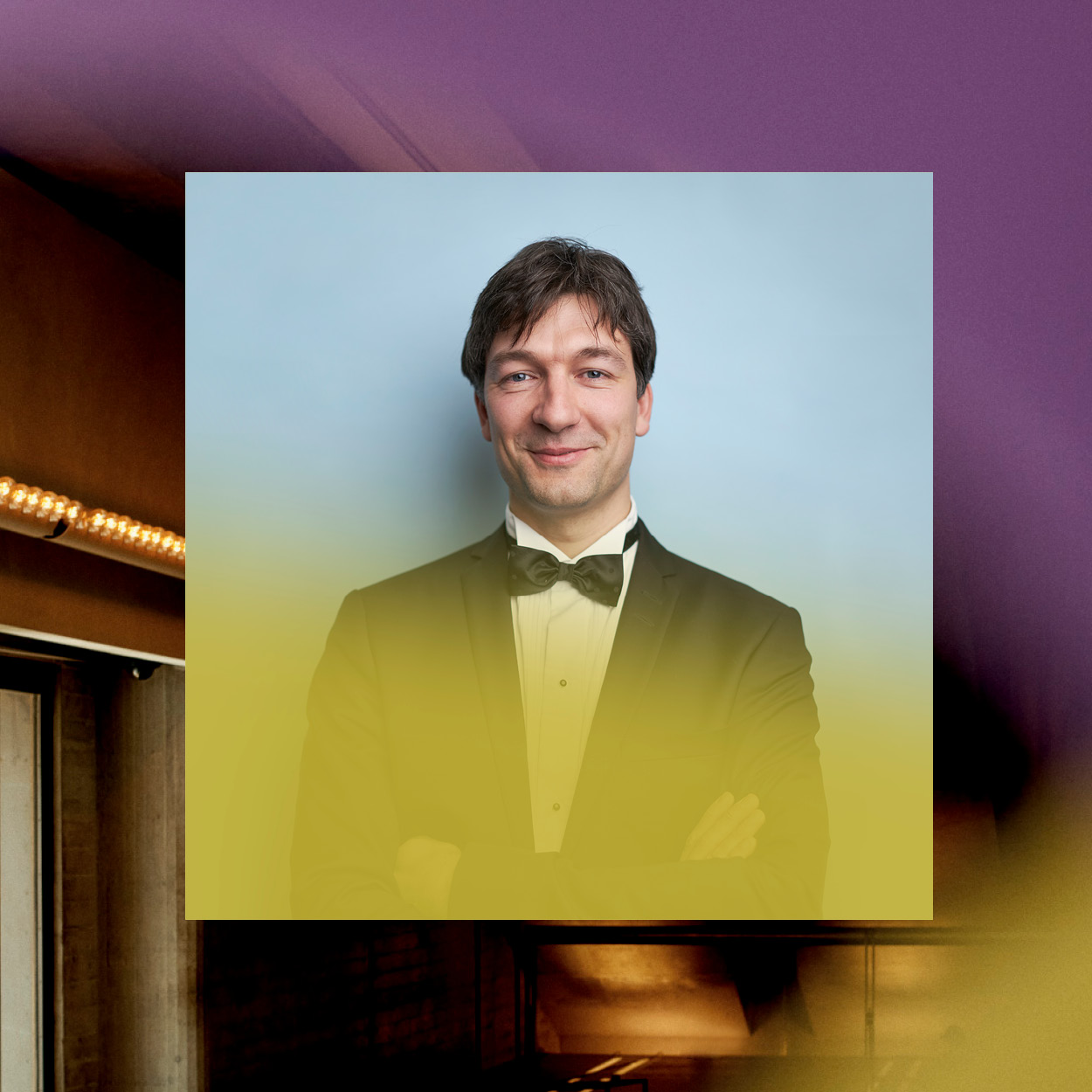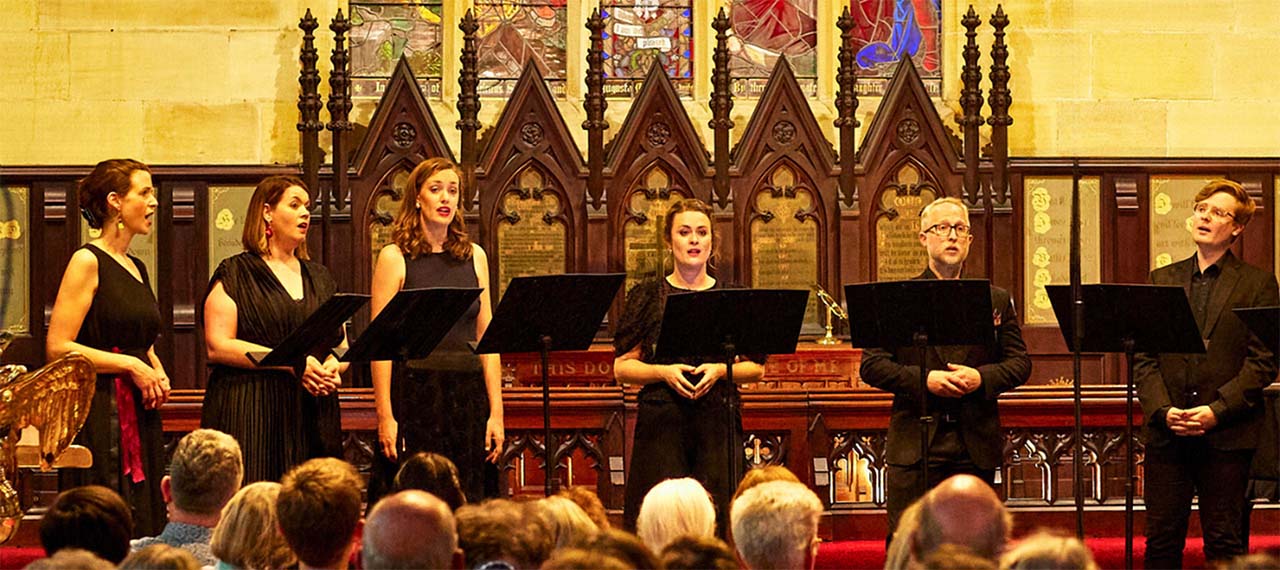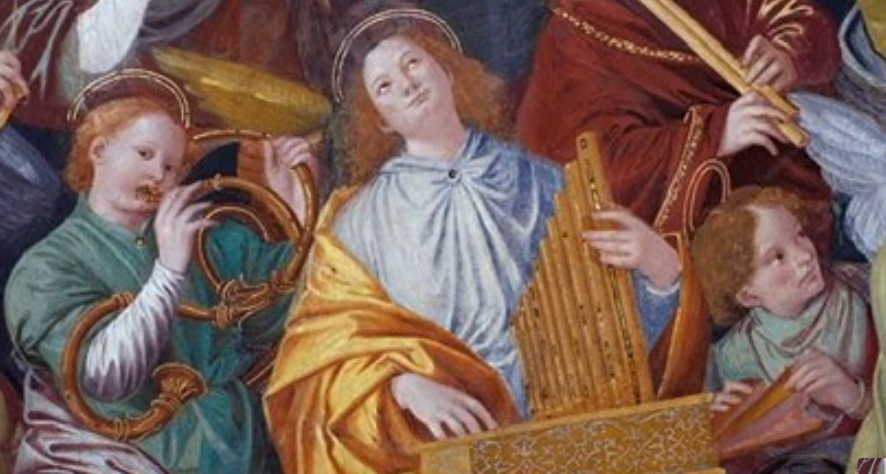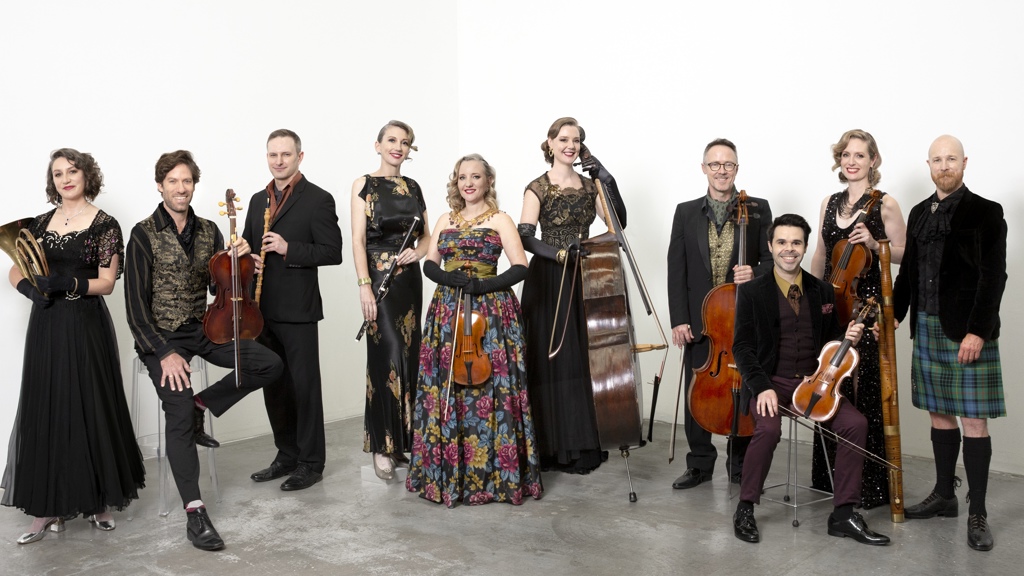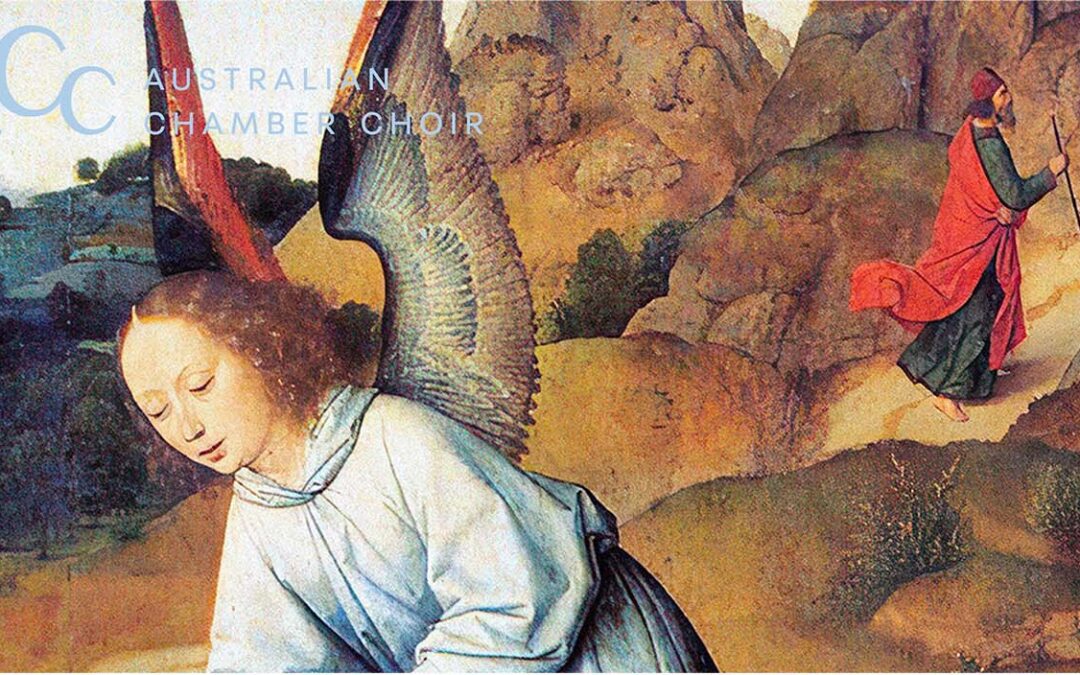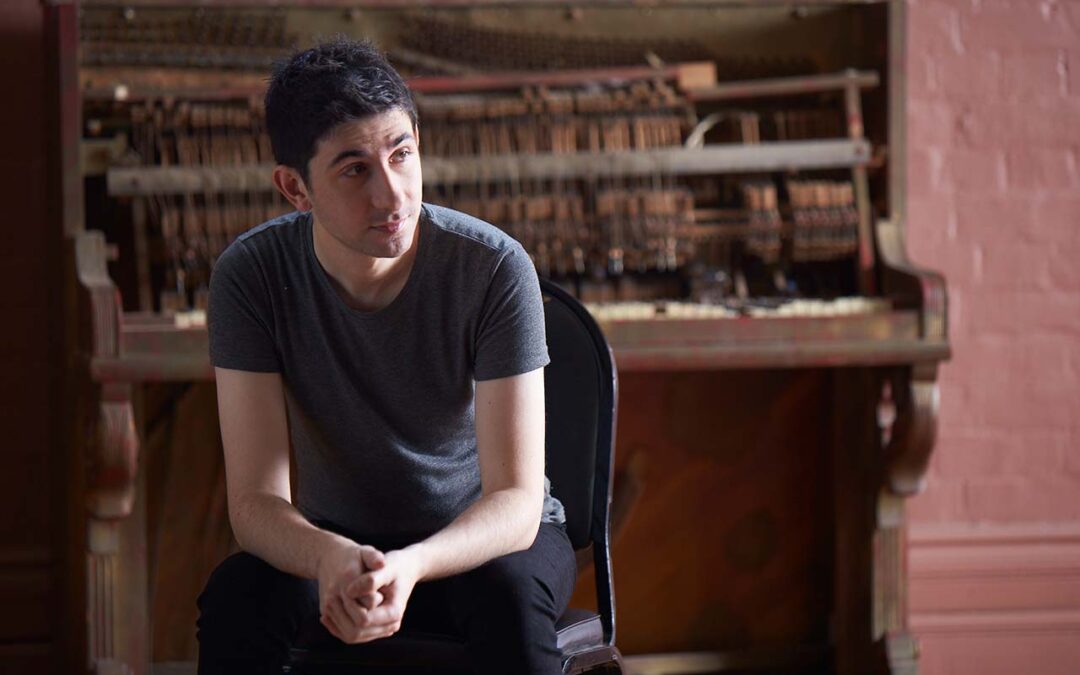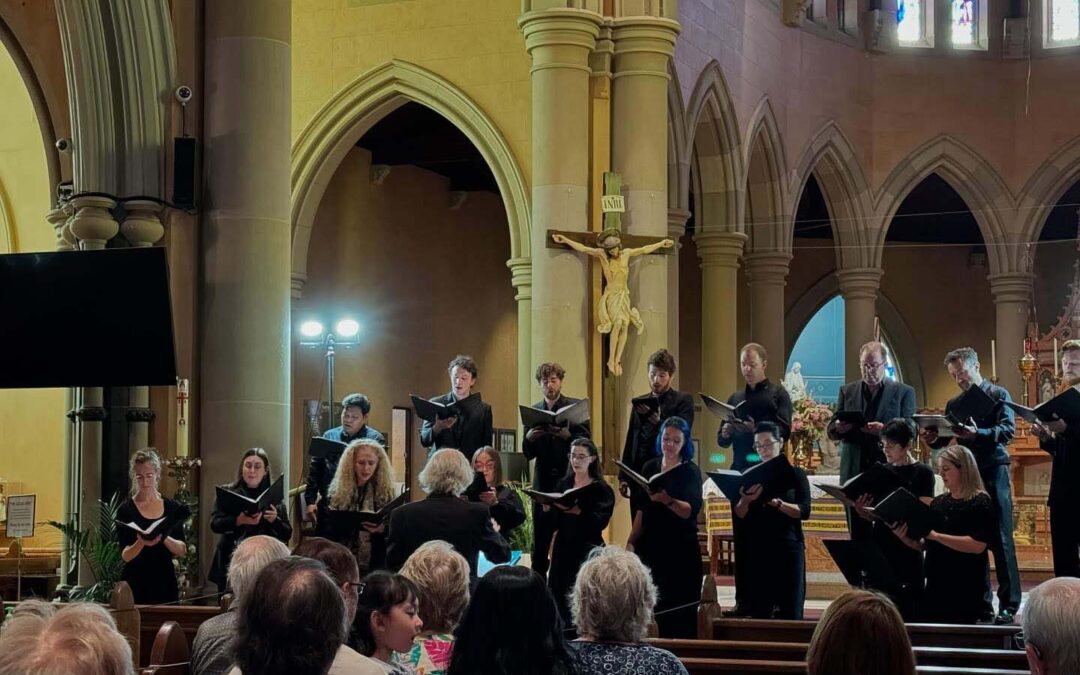On a pleasant Tuesday evening just over a week before Christmas, River City Voices, a choral group from western Sydney in its inaugural year, joined forces with members of the Sydney Philharmonia Choirs and an orchestra comprised of many current and former members of the esteemed Sydney Symphony Orchestra, Australian Brandenburg Orchestra, and Australian Haydn Ensemble, to present Handel’s oratorio Messiah, a work that was first performed in Dublin around Easter 1742.
The event was a sell-out and was held at St Patrick’s Cathedral, Parramatta. The choir was positioned on opposite sides of the hall, the sopranos and tenors on one side, the contraltos and basses on the other. The orchestra’s first violins, ably led by Fiona Ziegler, were also seated opposite the second violins led by her sister, Léone Ziegler. A chamber organ was used instead of the large church organ, most appropriate given the size of the choir and orchestra at a smaller venue. It was often used as a segue from one movement to the next and was capably played by well-known organist, David Drury.
The librettist, Charles Jennens, was a member of the orthodox Church of England which believed in a Messiah and so it was that this biblical story was born. Jennens based his work mainly on verses from both the Old and New Testaments, from Job to Revelations. The version performed was largely Handel’s autograph version with some reductions in the second and third parts.
The highlight of the evening was the famous Hallelujah Chorus at the end of the second part. The highly appreciative audience stood up, just as the King of England had done at its debut. All four soloists, soprano Susannah Lawergren, contralto Alexandra Mathew, tenor Damien Noyce, and baritone Warwick Fyfe, walked to the front of the choir and orchestra that now included a trumpeter, and sang in unison, simply spine-tingling! The soloists did likewise for Amen with chorus and orchestra, a triumphant end with all the singers in full voice.
The work was composed in three distinct parts, each representing a different stage in the life of Jesus, the Messiah. The first declared the birth and reflected the life of Jesus, the second the achievement of salvation through Jesus’ suffering, and the third brought thanks for the conquest of death that subsequently promised resurrection and eternal life for all mankind.
What made this work similar to a dramatic opera rather than a true oratorio was Handel’s regular use of orchestral accompaniment for the soloists’ recitatives, particularly those that began in arioso style before breaking into a driving declamatory passage leading to the following movement. Another feature unique to the Messiah was several duet-choruses, an example of which was movement 20 “He shall feed his flock” where alto and soprano, Mathew and Lawergren respectively, provided varied interplay between themselves before combining beautifully to provide contrast with the chorus.
Movement 5 introduced baritone Warwick Fyfe, a western Sydney resident, famous international singer and was Senior Principal Artist with Opera Australia for many years. His pedigree was certainly evident in his diction and phrasing throughout the night, his vocal bravura in movement 36 “Why do the nations?” and his power in movement 42 “The trumpet shall sound” that also featured a trumpet solo.
Other highlights involved the chorus, including their first appearance in the sublime fourth movement “And the glory of the Lord“, movement 17 “Glory to God” featuring the trumpet for the first time and the tragic start of the second part “Behold the Lamb of God” in a minor key.
There were many varied contrasts in tempo such as movement 26 “All we, like sheep” where the move to Adagio made for further dark dramatic effect and movement 42 “Since by man came death” where the slow unaccompanied chorus evolves into a faster section with orchestral accompaniment. Soprano Lawergren showed off her large expressive and dynamic range in movement 18 “Rejoice greatly“. Examples of contrasts in orchestration occurred in movement 13 “Pifa” with the oboe solo accompanied by the principal second violin and the bassoon in contrast to the full orchestra in the opening Sinfony movement, as well as movement 34 “How beautiful are the feet” with the principal first violin, cello, and organ, in contrast to the chorus in the next movement “Their sound is gone out“.
As if to remind us higher powers were at work on the night, the lights in the church hall came on during movement 12 “For unto us a child is born” featuring a rousing chorus, just after movement 11 “The people that walked in darkness“, most appropriate timing!
The newly-formed River City Voices and their Artistic Director and Principal Conductor Dr Sarah Penicka-Smith are to be congratulated on their sterling first season, Hallelujah indeed!
Thoughts about:
![]()
![]()




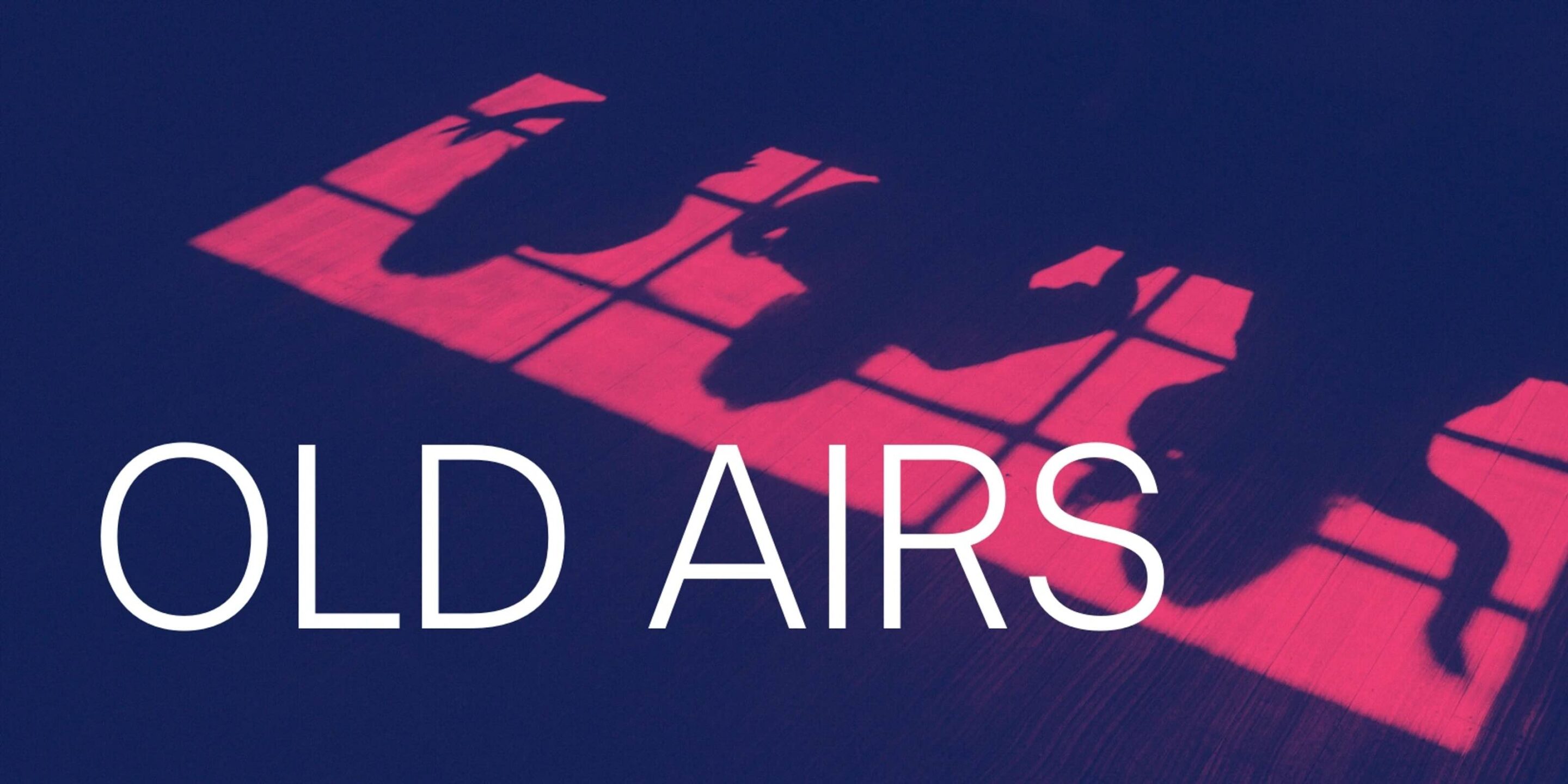
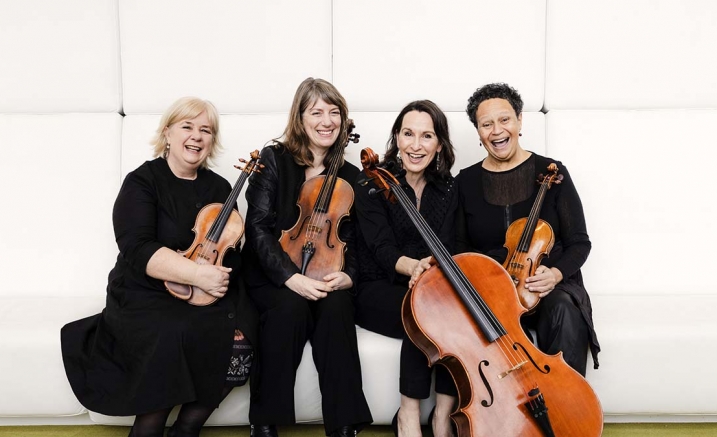


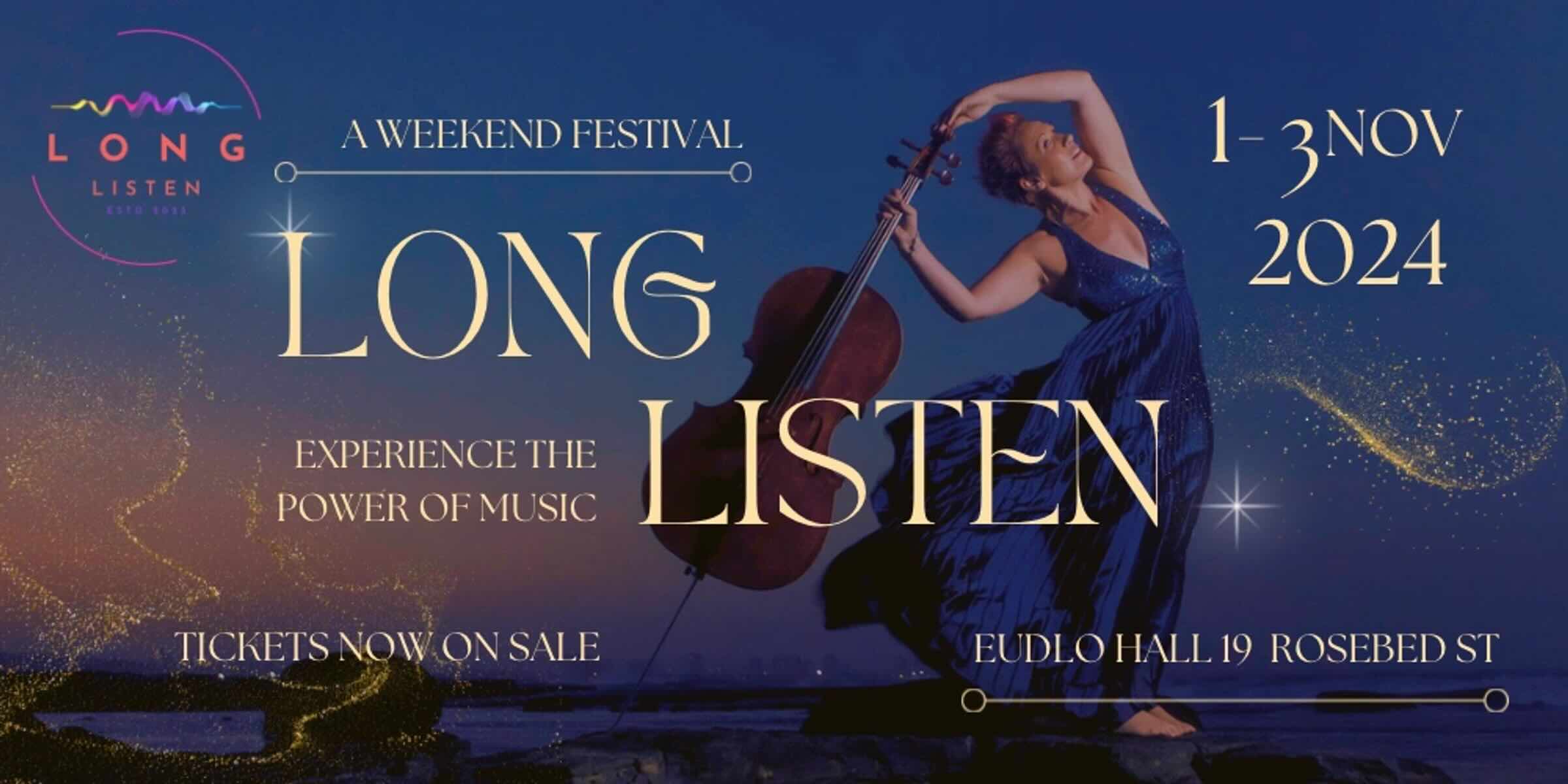
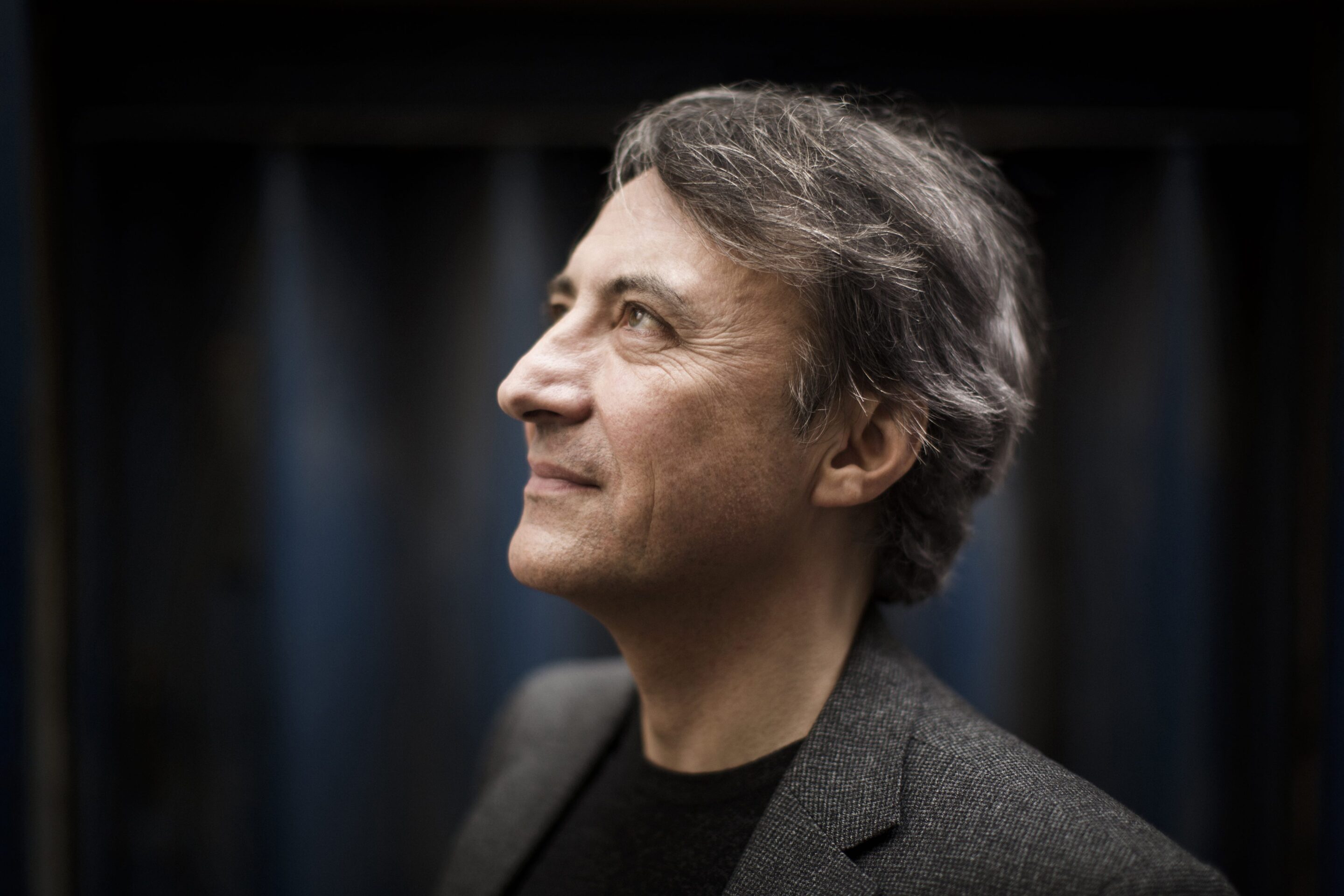

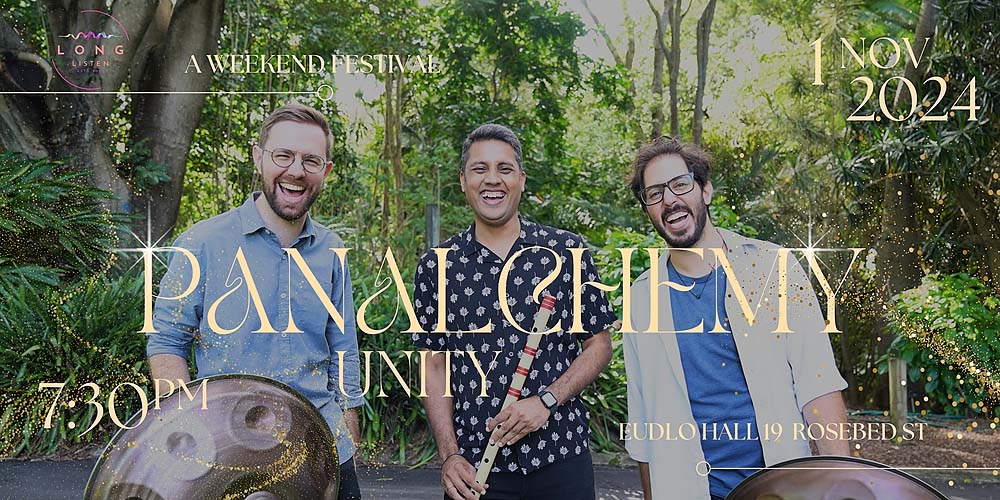

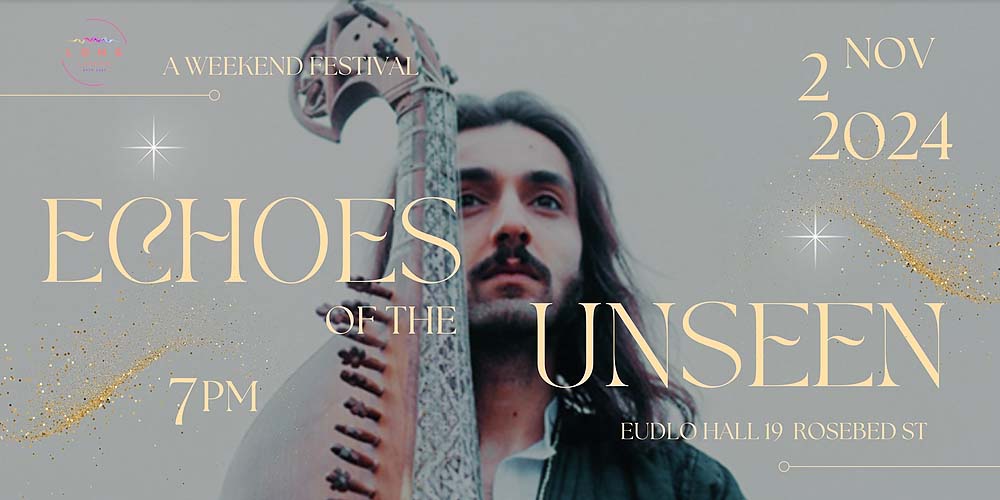
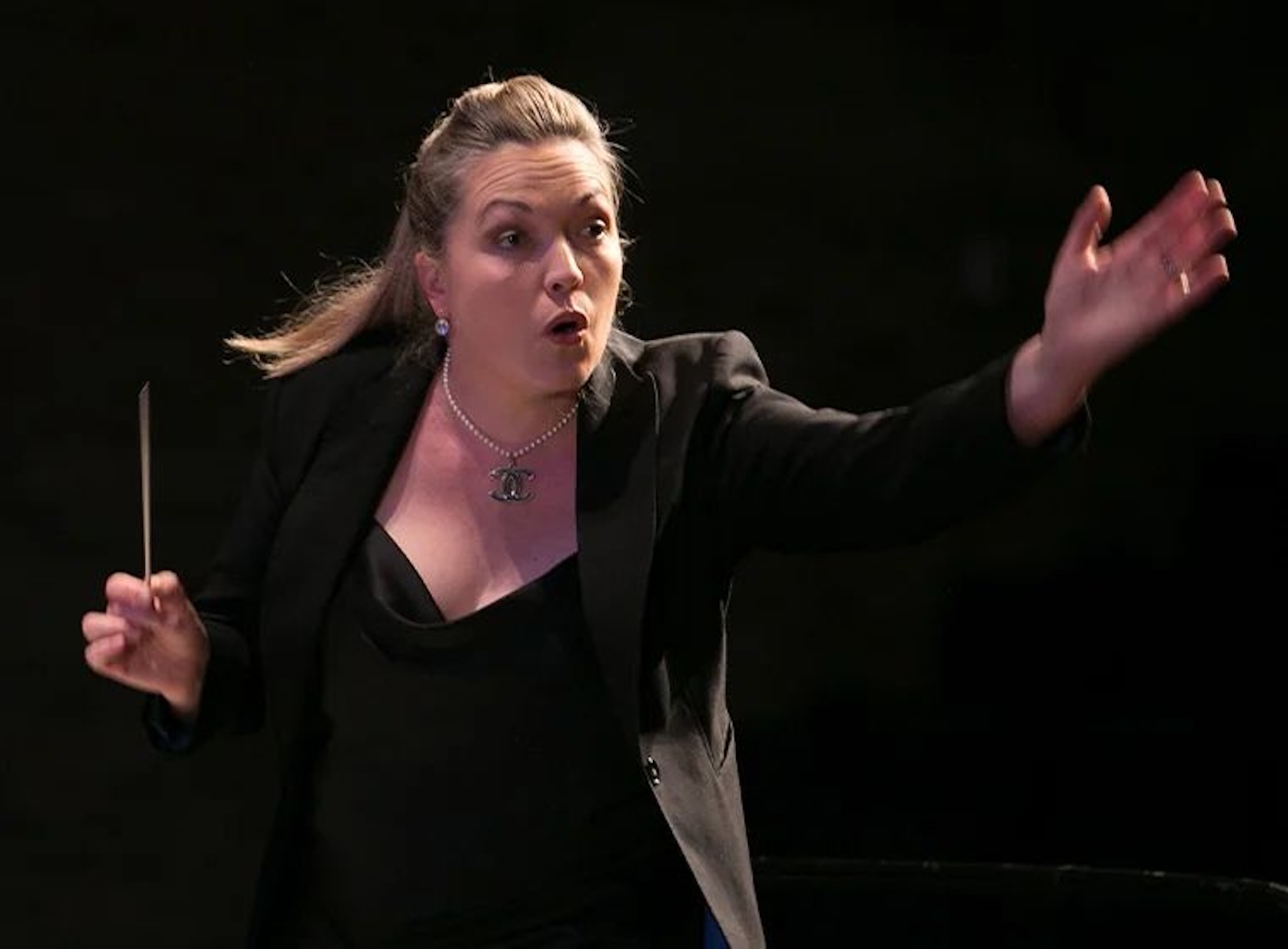
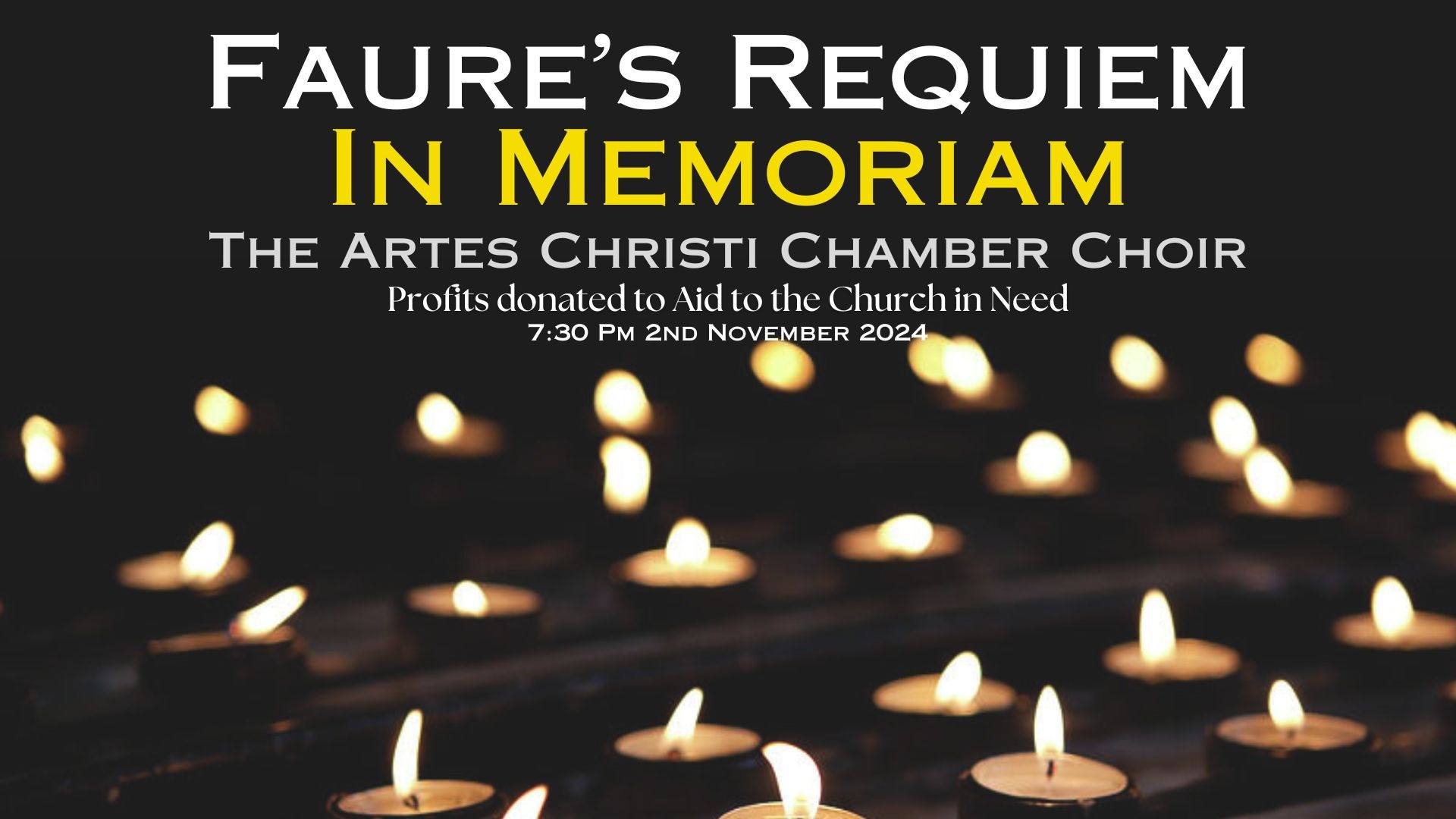
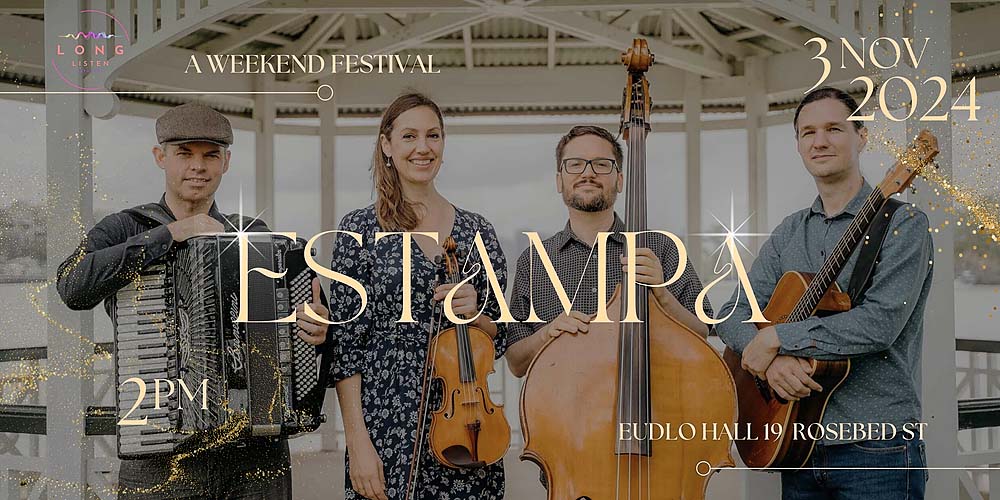

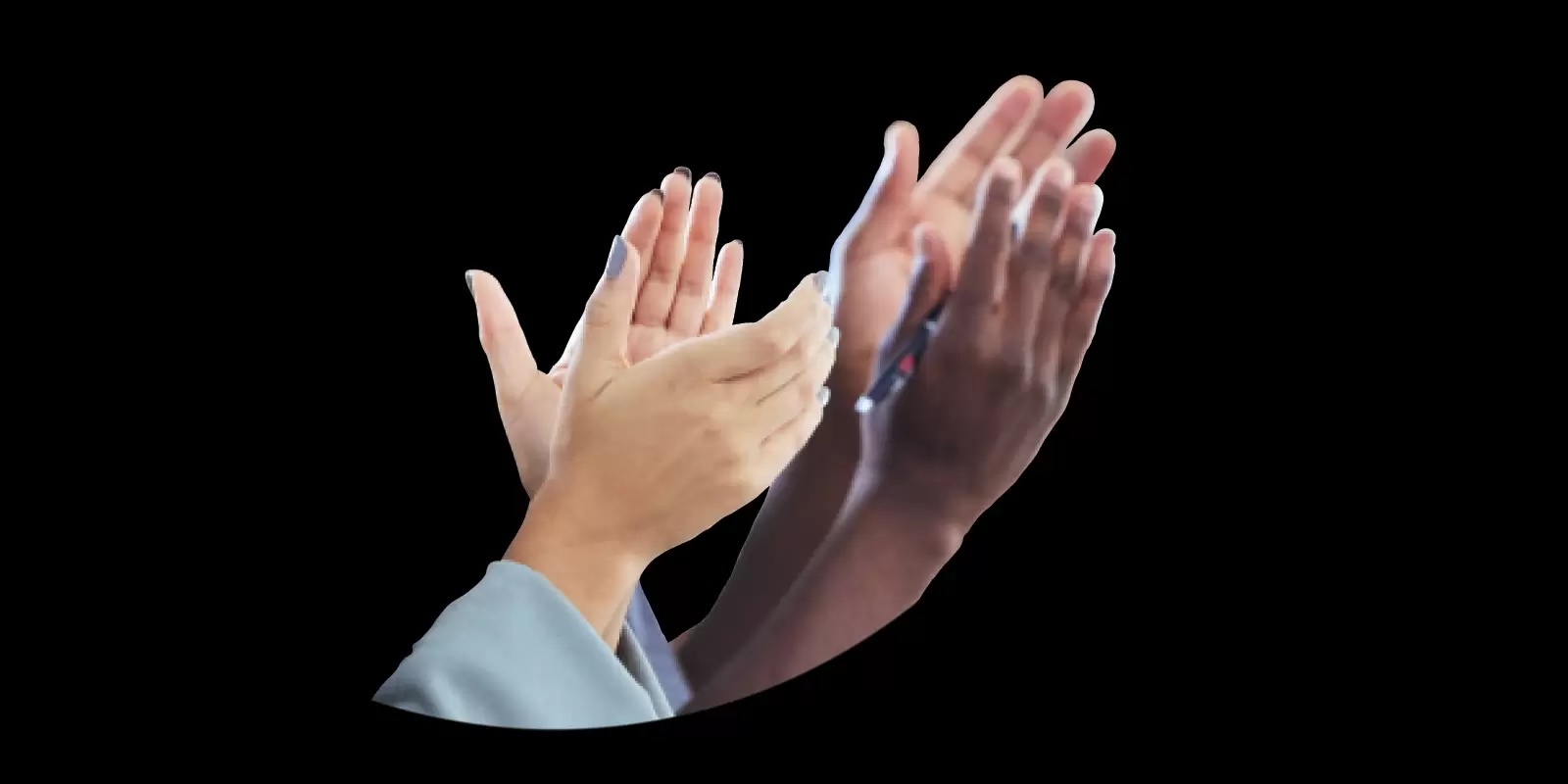



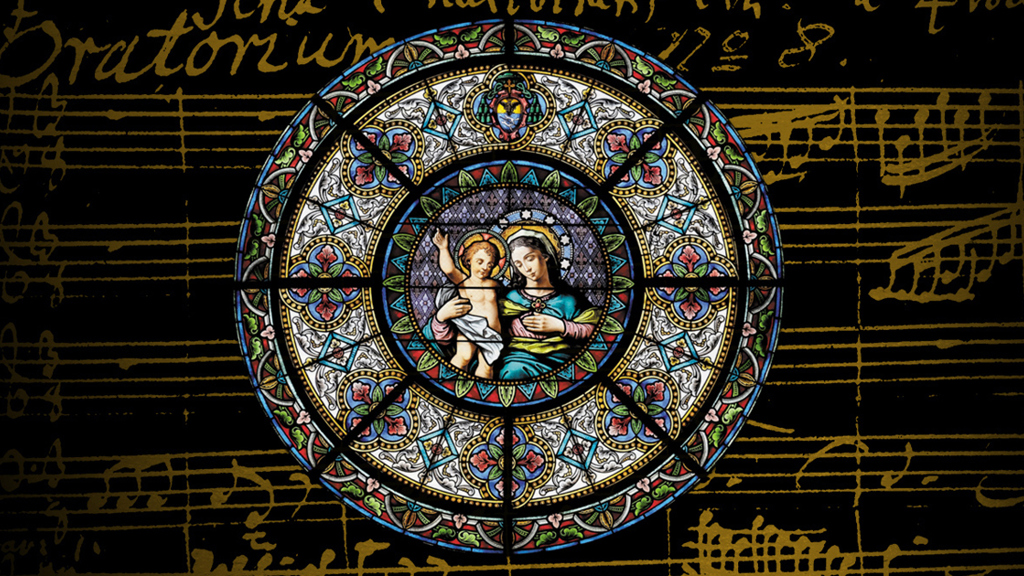
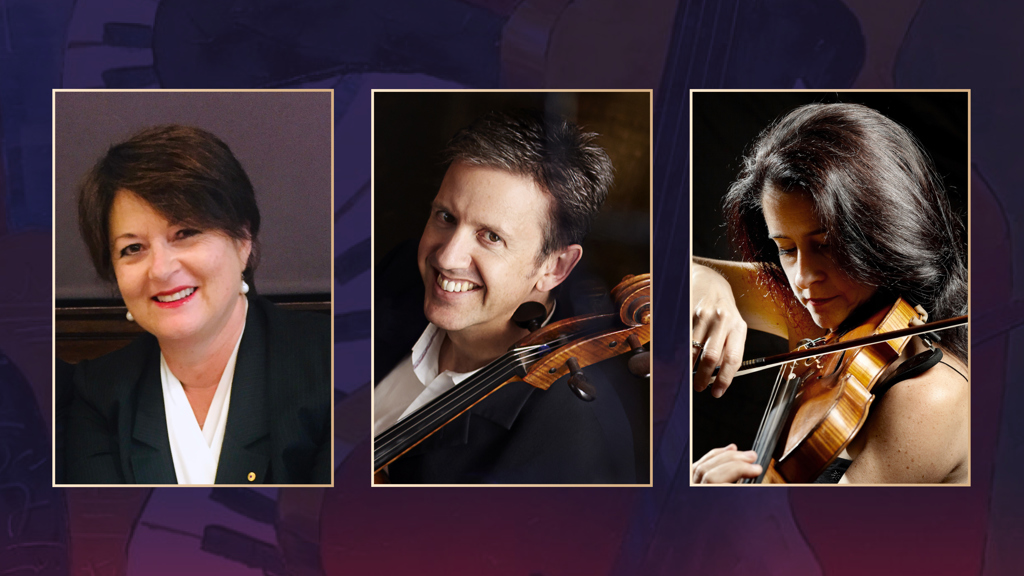

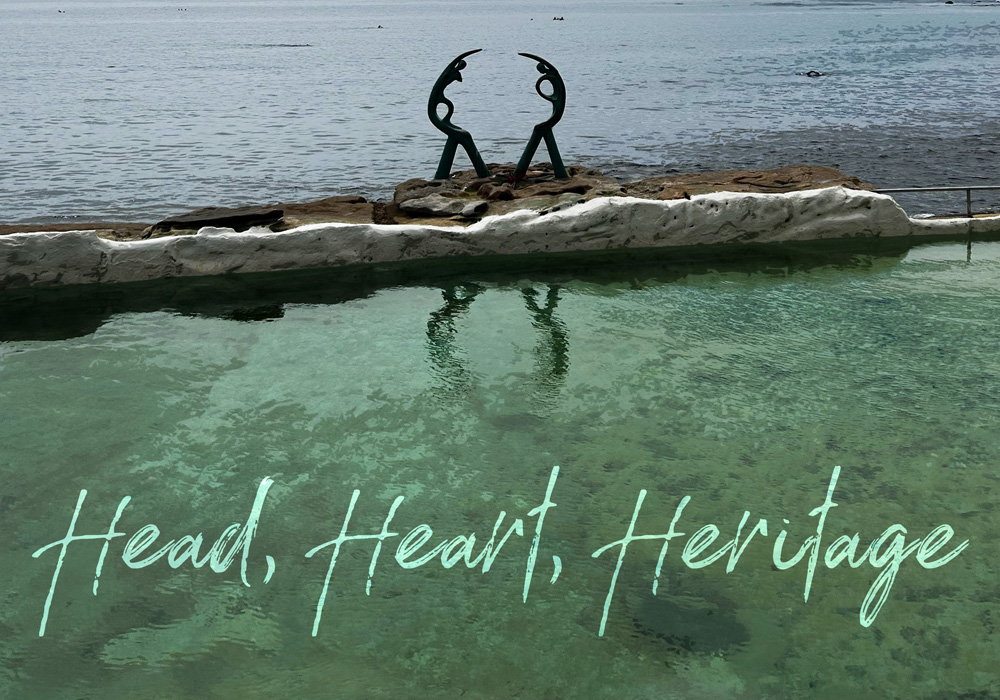
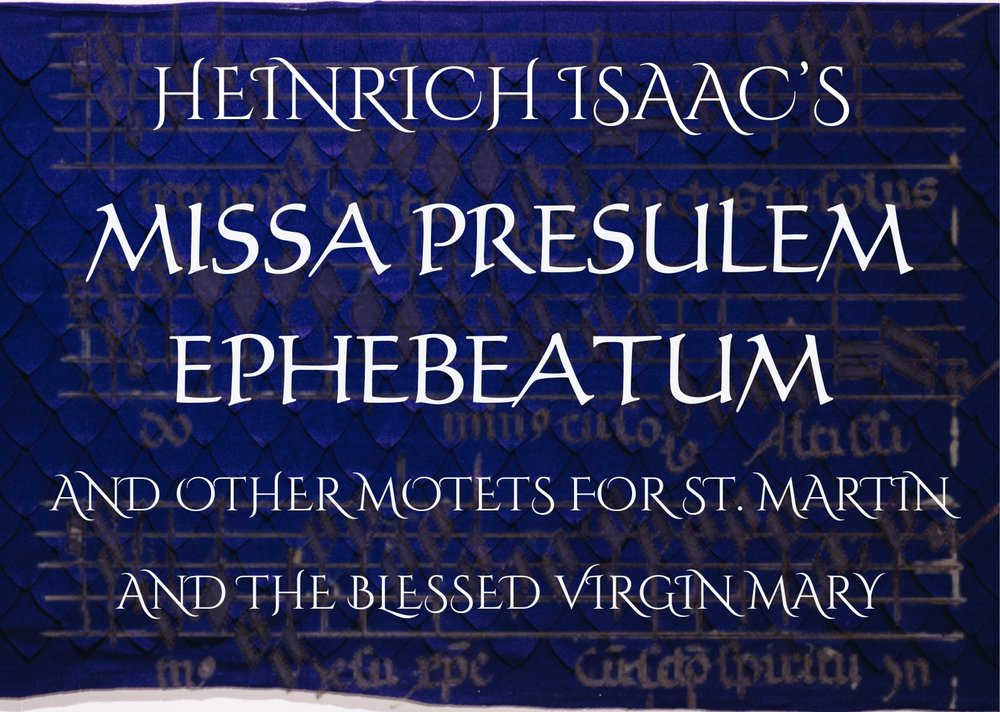

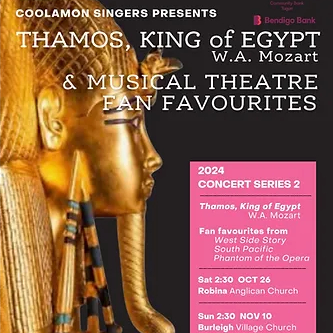
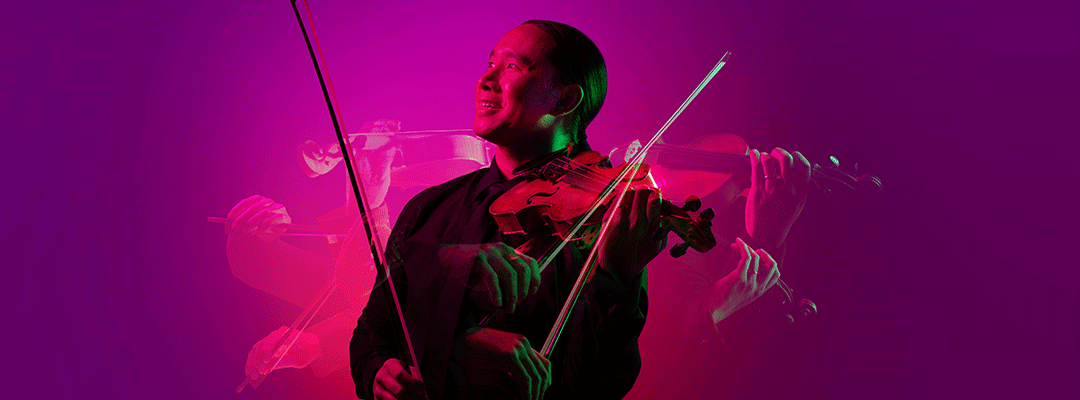


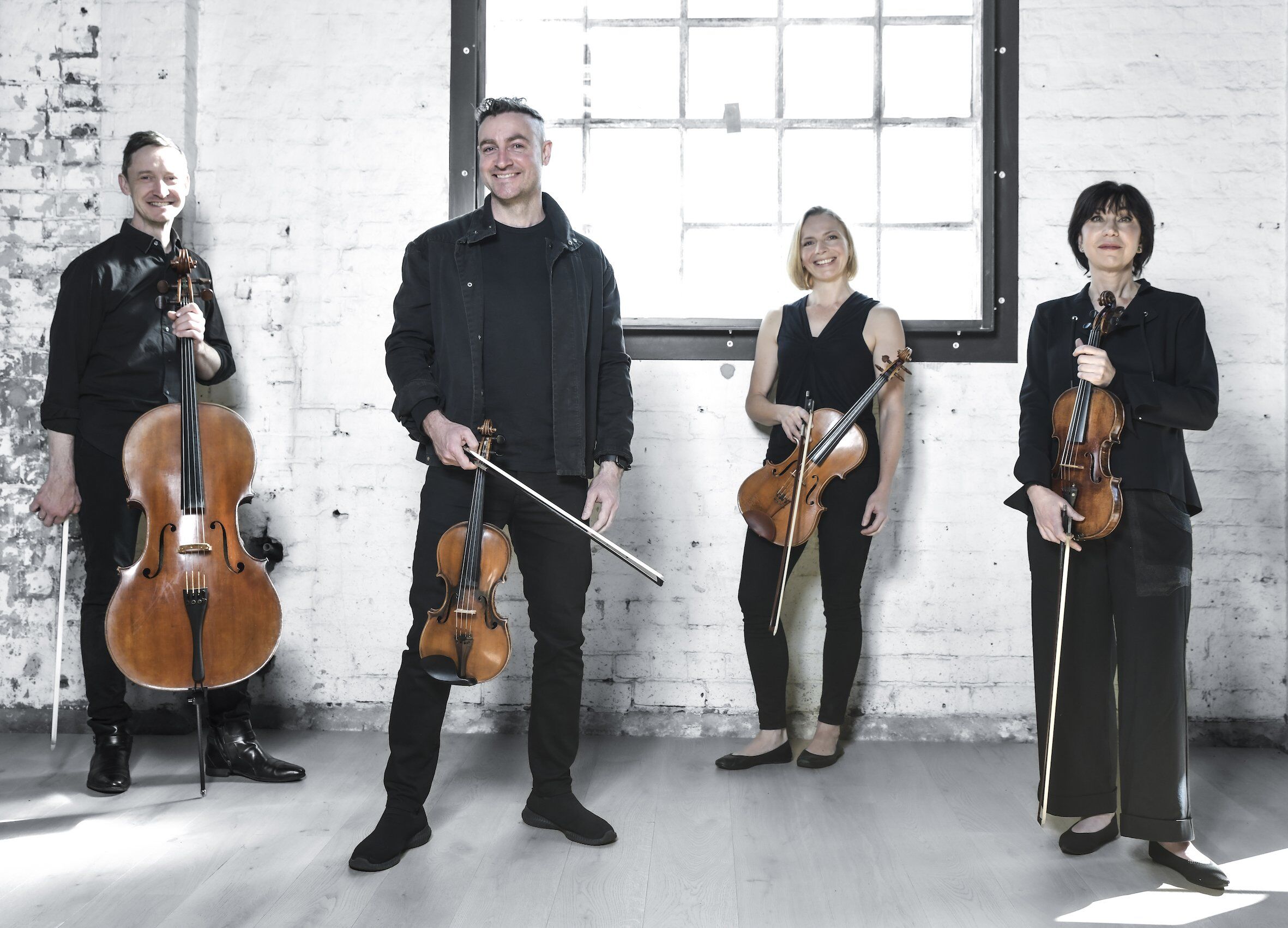

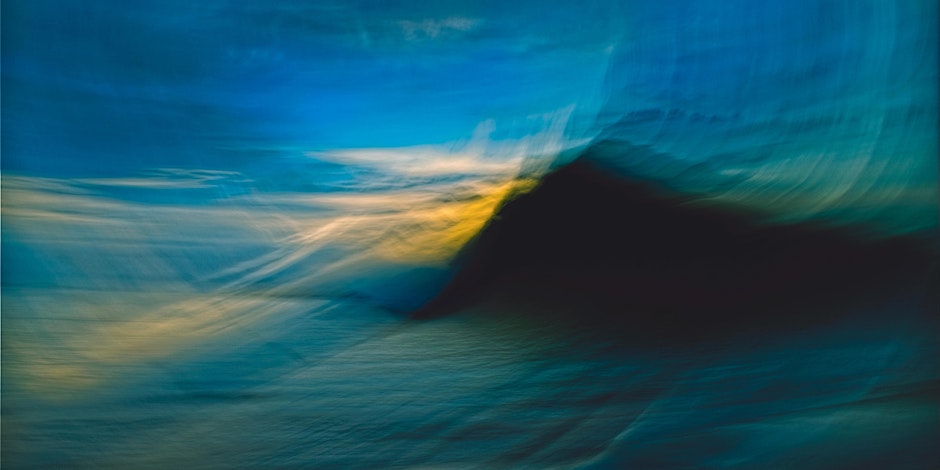

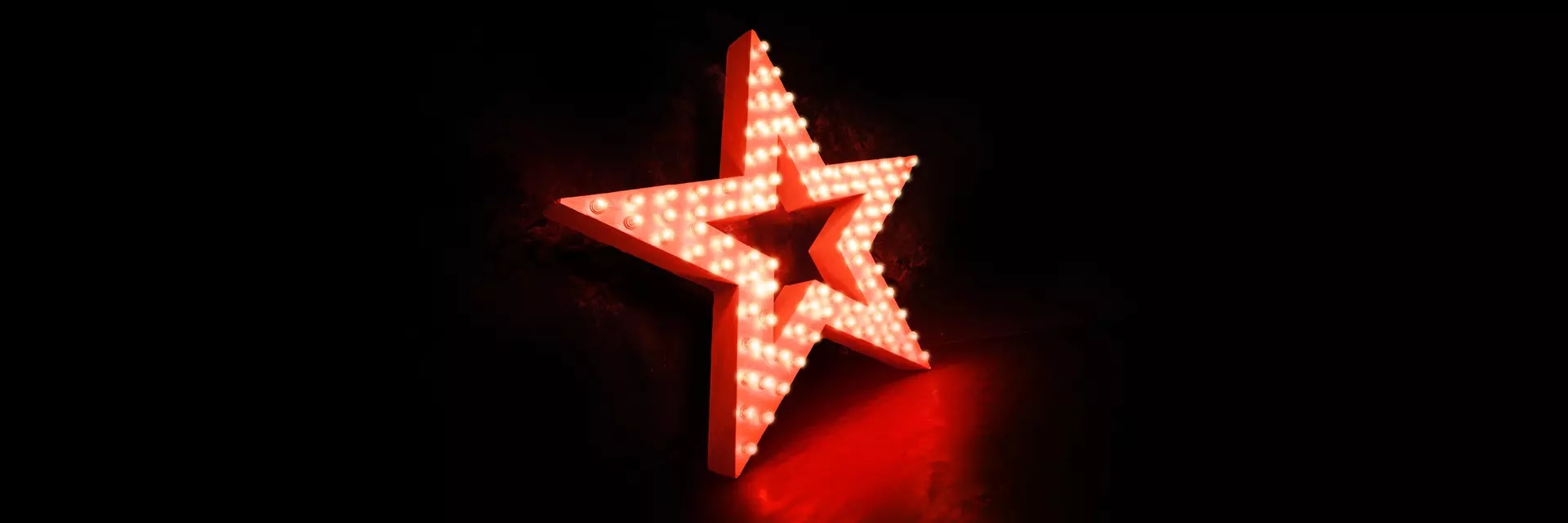

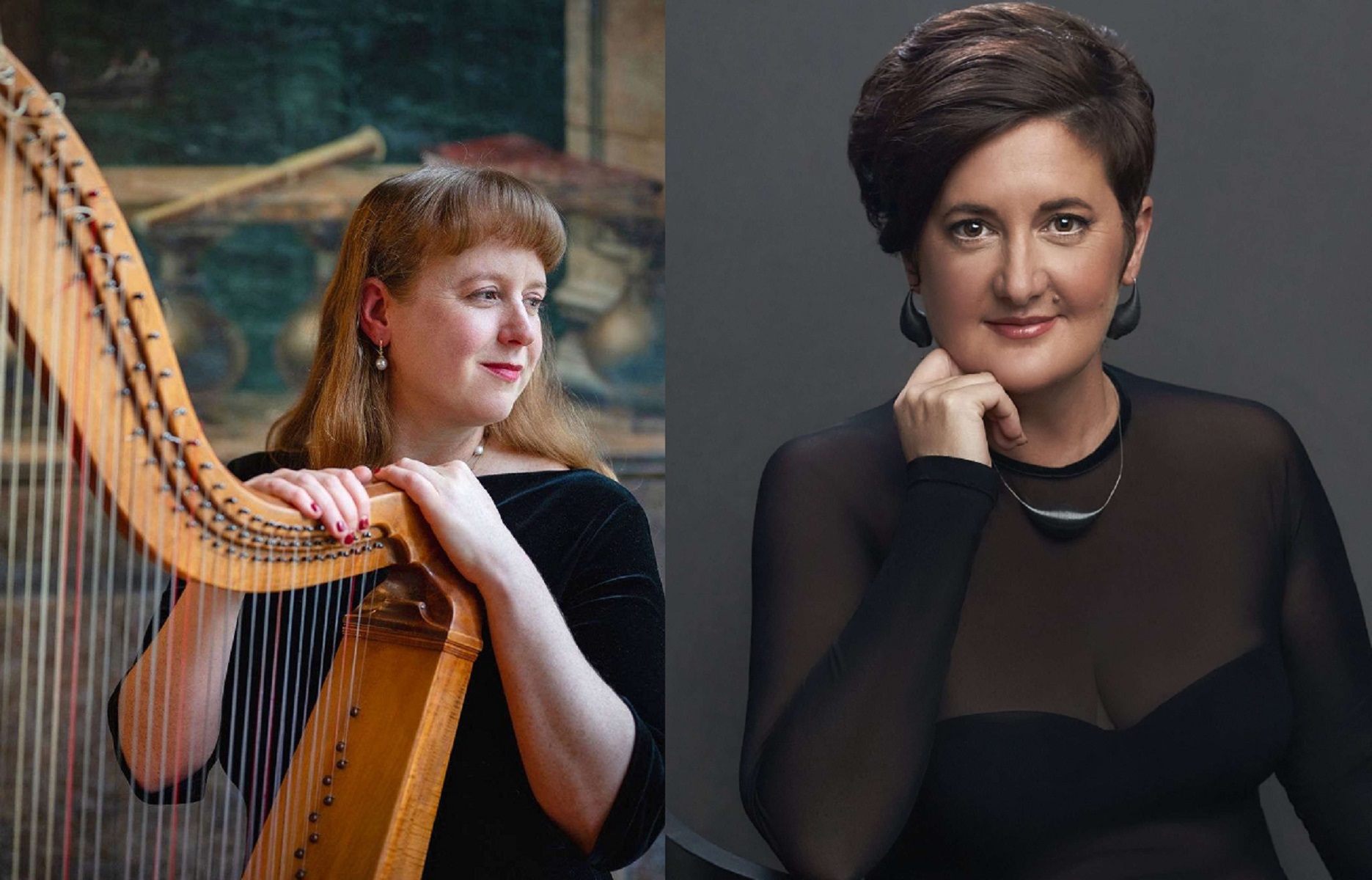
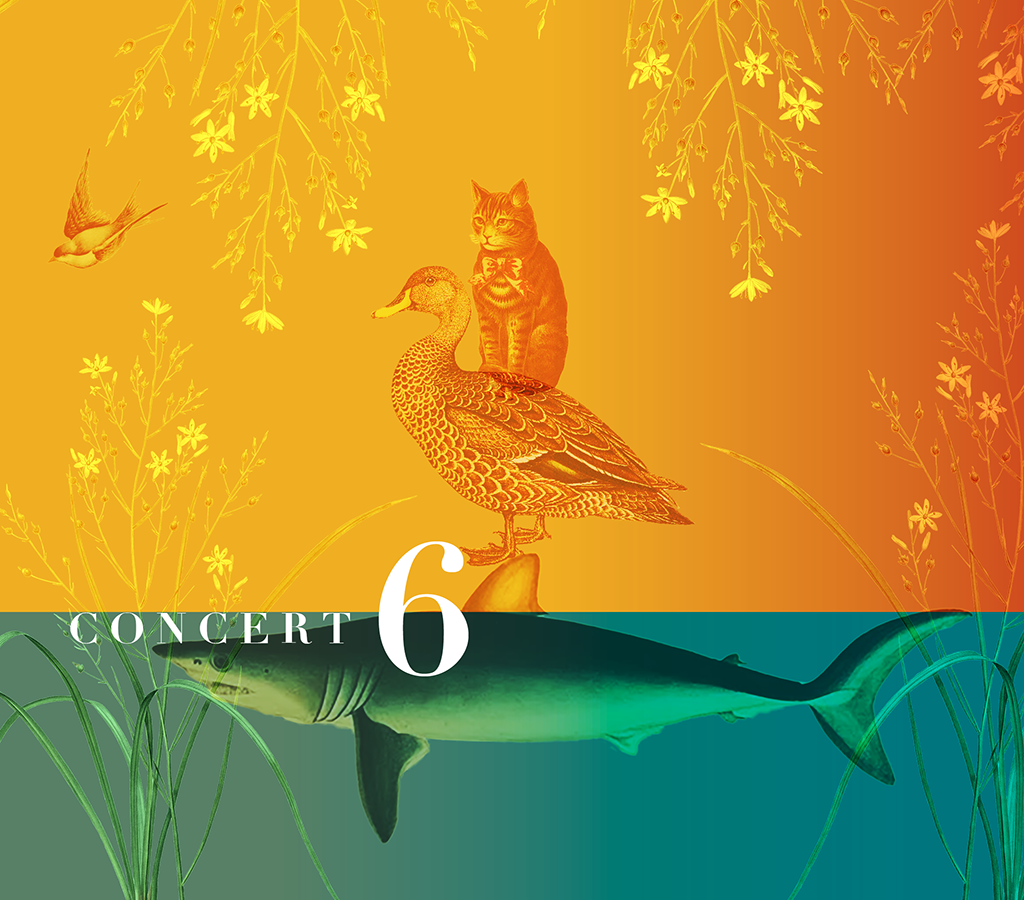

![user222 mrc mostlymozart [splendour of vienna] user222 mrc mostlymozart [splendour of vienna]](https://cdn-classikon.b-cdn.net/wp-content/uploads/2024/02/user222-mrc_mostlymozart_splendour_of_vienna.png)

